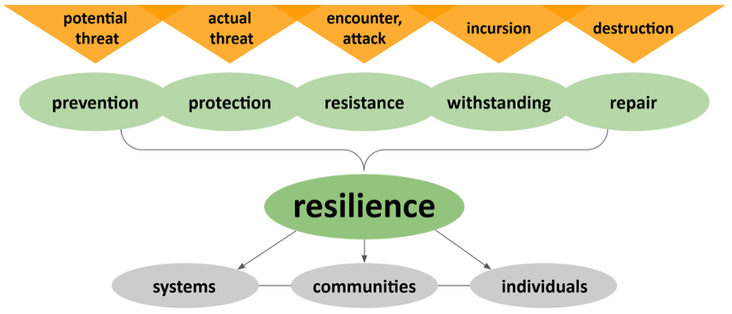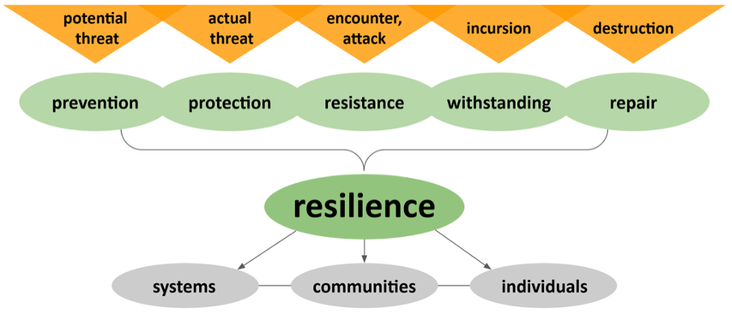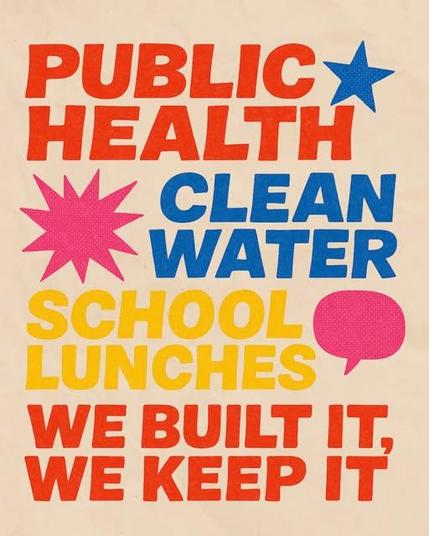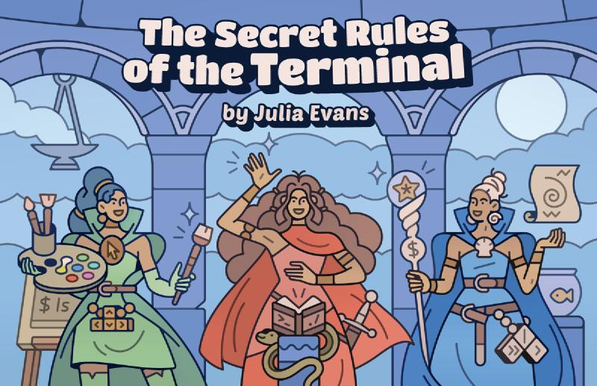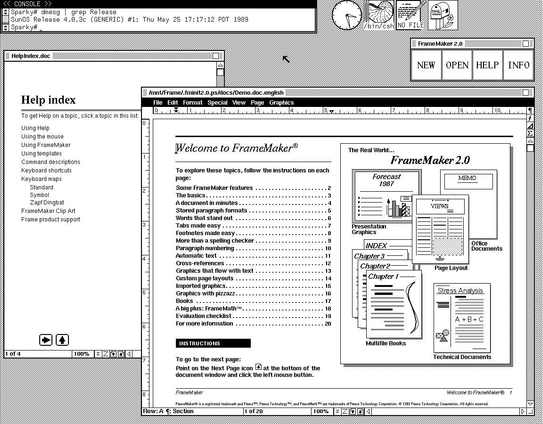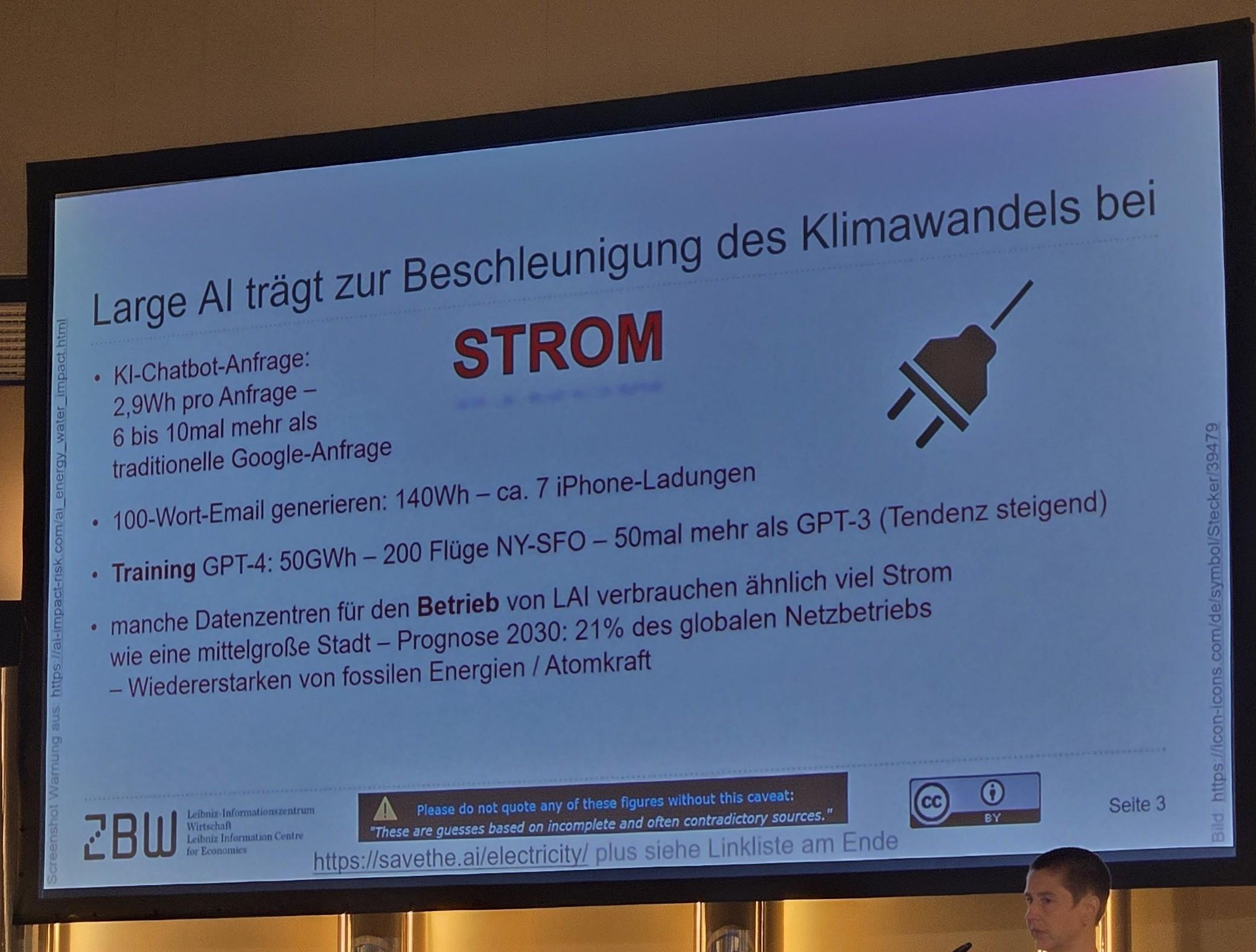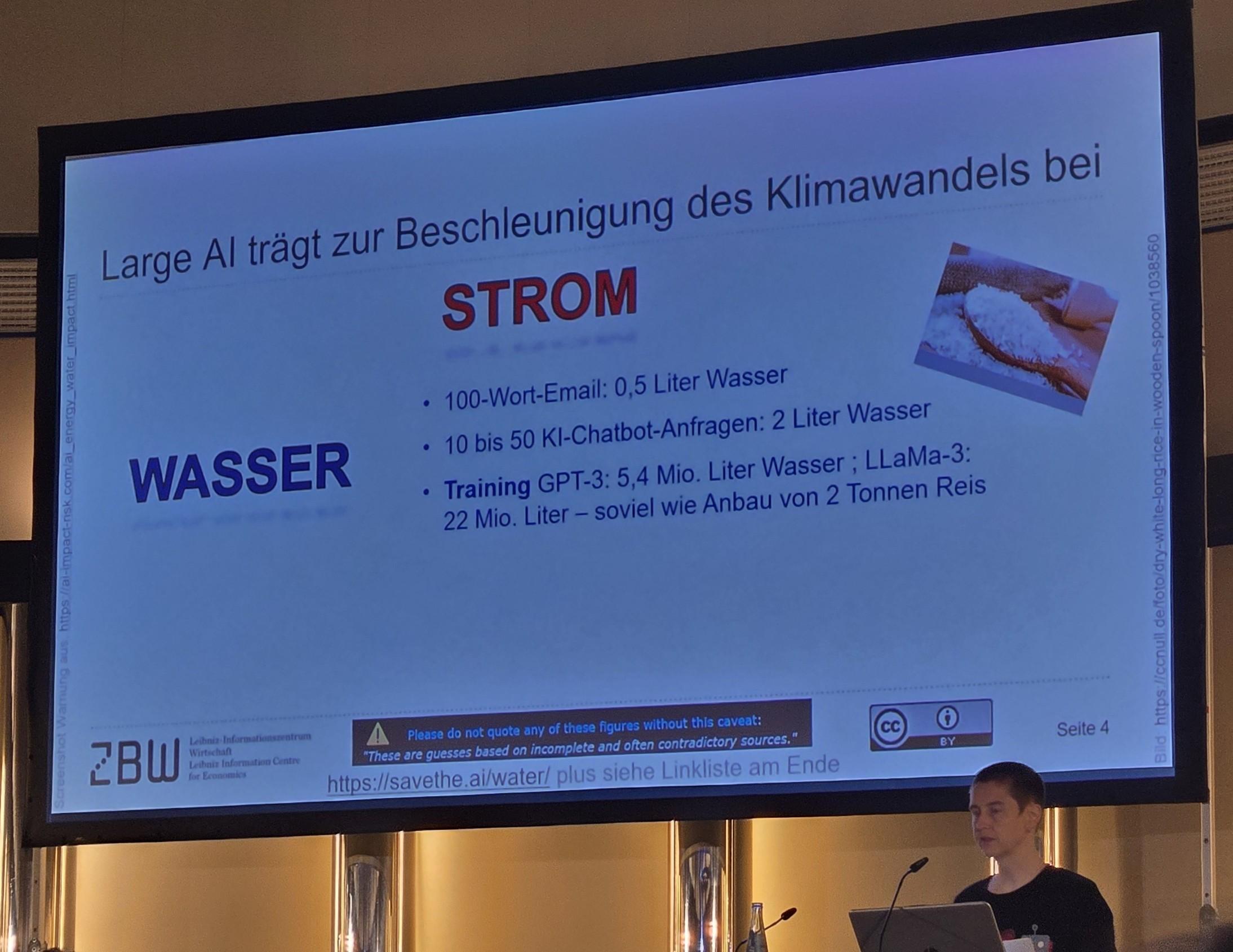Great! A bunch of us here wanted it. Now it exists. 👍
It's a "dark archive" of the arXiv - a non-public backup to save the data in case of attack by hackers or the US government. The arXiv, I hope you know, is the biggest source of modern math and physics papers.
Who got the job done? The TIB: the Technische Informationsbibliothek, run by the Leibniz Information Centre for Science and Technology, in Hannover, Germany.
They write:
"The TIB has now set up a so-called dark archive for the arXiv content in order to be able to make the backed-up data accessible if the data stored in the USA is lost. The archive functions as a silent reserve: the complete copy of the content is stored decentrally at the TIB, but is not publicly accessible. This means that the data stock – almost 10 terabytes – is protected against potential outages and can be activated in an emergency.
The TIB is currently working on processes to keep the archive up to date: new submissions and updated versions must be backed up regularly in order to preserve the state of research as completely as possible.
“Building a Dark Archive is an expression of our longstanding commitment for a reliable, international academic provision, and as a partner of arXiv. Even though the Dark Archive today only works in the background, it is a key element in safeguarding digital research contents in the long term, because in case of a crisis, we could open the archive,” explains Dr Irina Sens, Deputy Director of the TIB."
We should call it the darXiv.
More details here:
https://blog.tib.eu/2025/05/14/protecting-science-tib-builds-dark-archive-for-arxiv/

Protecting Science: TIB builds Dark Archive for arXiv - TIB-Blog
Research and science are international; it is not for nothing that we speak of international specialist communities. Although a service such as arXiv is operated by an institution based in the USA, namely Cornell University, it is used by researchers worldwide. Part of arXiv‘s funding has also been internationalised since 2010 with the introduction of arXiv membership. The TIB finances the German contribution together with the Helmholtz Association of German Research Centres (HGF) and the Max Planck Society (MPG). The TIB has now set up a so-called dark archive for the arXiv content in order to make the backed-up data accessible in the event that the data located in the USA is lost.
